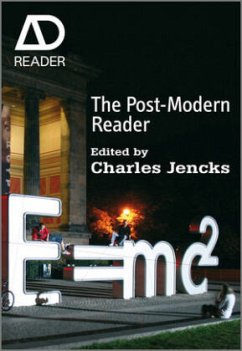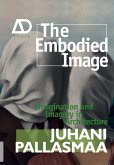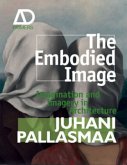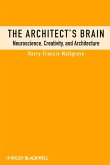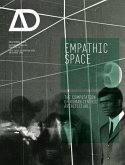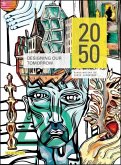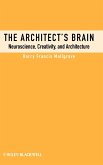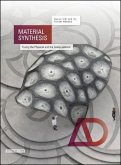The reader reprints extracts of key historical texts - those of Daniel Bell on the post-industrial society and Jean-François Lyotard on the post-modern condition. The new cultural logic of contested pluralism is analysed in seminal papers by Andreas Hyssen and Jim Collins. The fundamental ideas on post-modern literature are defined by Umberto Eco, John Barth and David Lodge and the theories they present challenge the notion of post-modernism as an ultra avant-garde movement and the expression of a consumer society. For this second edition of the book, Charles Jencks presents a new overview of the Post-Modern, reflecting its maturity as a movement.
Post-Modernism has been debated, attacked and defended for over three decades. It is, however, not just a fashion or style but part of a greater movement in all areas of culture, and one which stubbornly persists like its parent, Modernism. The Post-Modern Reader is a seminal anthology that presents this trend in all its diversity, as a convergence in architecture and literature, sociology and cultural theory, feminism and theology, science and economics.
For this new edition, editor Charles Jencks has provided an entirely new definitive introductory essay 'What Then Is Post-Modernism?' that reflects on the movement's coming of age. The book also encompasses essential classic texts on the subject by John Barth, Umberto Eco, David Harvey, Jane Jacobs, Jean-François Lyotard and Robert Venturi, while imcorporating new articles by Felipe Fernández-Armesto, John Gray, Ihab Hassan and Anatole Kaletsky. Each text is introduced and contextualized got the reader with a new short introductory passage.
A new edition of a classic anthology of 26 texts covering the full gamut of Post-Modern thought from architecture and literature to economics and theology.
The Reader includes key texts by John Barth, Umberto Eco, David Harvey, Jane Jacobs, Jean-François Lyotard and Robert Venturi.
A book edited by the most influential figure behind the Post-Modern movement - Charles Jencks.
A timely and informative publication for students that captures the renewed interest in Post-Modernism.
Hinweis: Dieser Artikel kann nur an eine deutsche Lieferadresse ausgeliefert werden.
Post-Modernism has been debated, attacked and defended for over three decades. It is, however, not just a fashion or style but part of a greater movement in all areas of culture, and one which stubbornly persists like its parent, Modernism. The Post-Modern Reader is a seminal anthology that presents this trend in all its diversity, as a convergence in architecture and literature, sociology and cultural theory, feminism and theology, science and economics.
For this new edition, editor Charles Jencks has provided an entirely new definitive introductory essay 'What Then Is Post-Modernism?' that reflects on the movement's coming of age. The book also encompasses essential classic texts on the subject by John Barth, Umberto Eco, David Harvey, Jane Jacobs, Jean-François Lyotard and Robert Venturi, while imcorporating new articles by Felipe Fernández-Armesto, John Gray, Ihab Hassan and Anatole Kaletsky. Each text is introduced and contextualized got the reader with a new short introductory passage.
A new edition of a classic anthology of 26 texts covering the full gamut of Post-Modern thought from architecture and literature to economics and theology.
The Reader includes key texts by John Barth, Umberto Eco, David Harvey, Jane Jacobs, Jean-François Lyotard and Robert Venturi.
A book edited by the most influential figure behind the Post-Modern movement - Charles Jencks.
A timely and informative publication for students that captures the renewed interest in Post-Modernism.
Hinweis: Dieser Artikel kann nur an eine deutsche Lieferadresse ausgeliefert werden.

